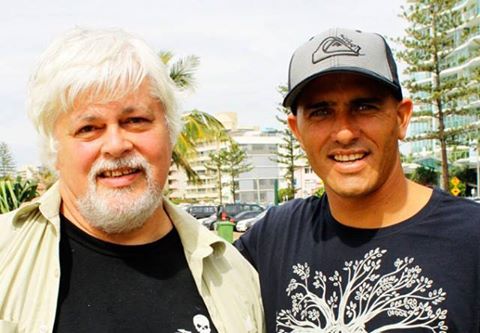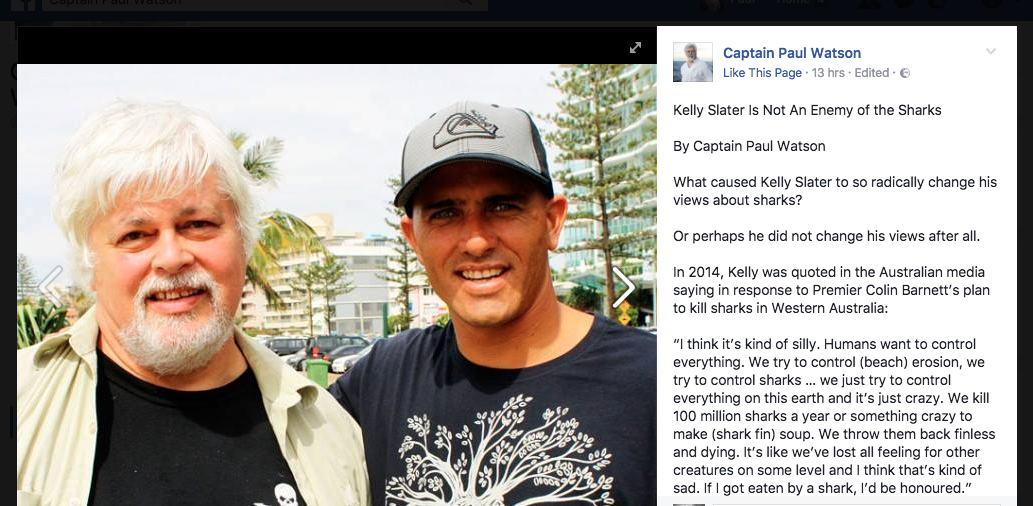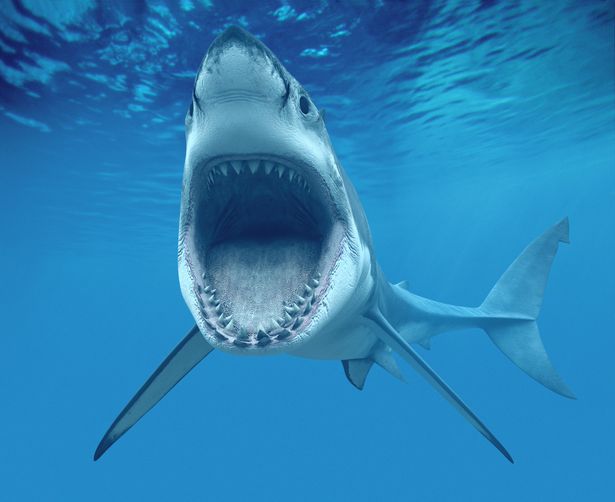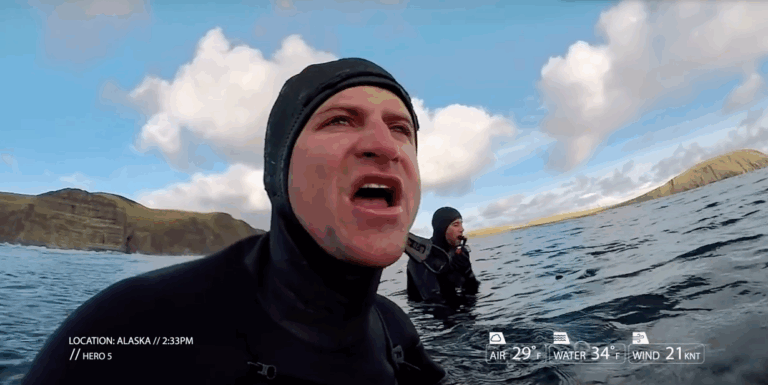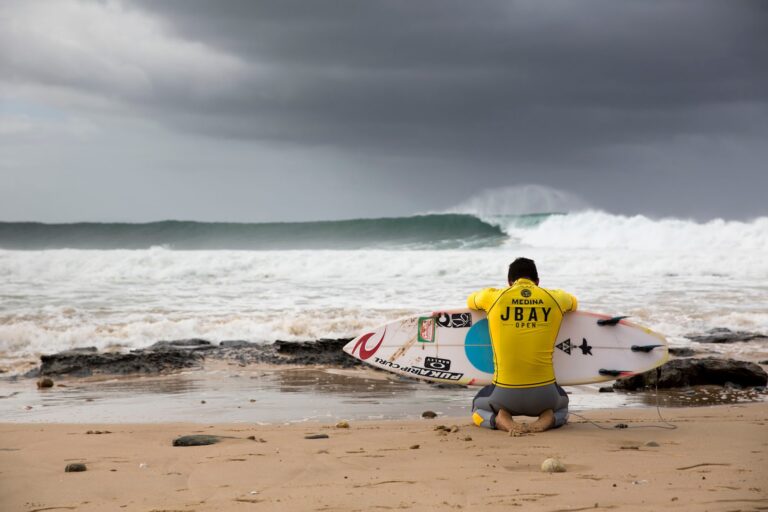At first, I was disappointed, but not angry with Kelly. He is a dedicated ocean conservationist and he has spoken out against shark culling for years so it was a shock for me to hear that he actually said what he reportedly said.
Kelly is a compassionate man and he was reacting to the death of a young surfer and I believe that was his initial gut reaction to the tragedy. I don’t believe that this statement negates the incredible efforts Kelly made over the years to raise awareness of what we as a species are doing to destroy biodiversity in the sea.
I did reach out to him and he responded that he was indeed sympathetic to the surfers who have died there, that the incidents of shark attacks are greater there than any other place on the planet and that although he opposes culling of sharks in general he believes that Reunion is a unique situation because of the number of shark attacks.
His response to me gave me some insight as to where he is was coming from. The pain of losing friends and family, the suffering from shark inflicted wounds are things that provoke anger and a desire for revenge or as in Kelly’s case, a desire to find some solution.
There is no doubt that this is a highly emotional issue. The death of so many surfers in a relatively short time in one particular place. I think Kelly reacted intuitively to these tragedies and because he felt that the situation at Reunion was unique and unusual.
Sea Shepherd wants to work with Kelly Slater and with anyone on Reunion who wants to find a real solution to these attacks. Kelly wants to work with us, with the surfers and with the scientists to find a solution.
I believe that the surfers on the island, if they truly wish to find a solution must understand that culling does not work, if has never worked and the remedy must be a restoration of the marine ecology, the encouragement of the return of reef sharks, the increase in marine biodiversity and until these solutions can be found these beaches must be closed until restoration is completed. The defense against Bull sharks is a healthy population of Reef sharks and a rich diversity of fish populations in a well enforced marine reserve.
So I do not see the point of condemning Kelly for expressing his sincere feelings with regard to the human fatalities. He is human, he is extremely close to the surfing community and what he said, he said from the point of view of a man and a surfer who cares about the lives of people who share his passion for the waves.
And we should make no mistake in believing for one moment that this man does not care about the Ocean, about biodiversity and about the atrocities committed. I know Kelly, he cares, he cares deeply.
I am looking at the positive side of this controversy. Perhaps what Kelly said was not OK on the surface but it brought to light the reality that this is a very misunderstood situation and the only solution must be an objective scientific review with real ecologically based solutions. A cull is not one of these solutions.
The situation at Reunion has been caused by humans. Pollution, over-fishing, negligence and a refusal to use plain old common sense backed up by some serious understanding of ocean ecology. And as Kelly has often said in the past, culling simply does not work.
U.S. surfer Mike Coots, who lost a leg in a shark attacks agrees that culling is not the answer. “I think culling a species is fundamentally wrong: Science has shown that it doesn’t work. It actually can make the situation worse. I think we need to focus more on coexistence between humans and sharks.”
“I think culling a species is fundamentally wrong: Science has shown that it doesn’t work. It actually can make the situation worse. I think we need to focus more on coexistence between humans and sharks” – shark attack victim Mike Coots
During the latter half of the twentieth century, shark culling was carried out in an attempt to make the waters of Hawaii safer. From 1959 to 1976, the state of Hawaii culled 4,668 sharks. The Hawaii Institute for Marine Biology and the state’s Department of Land and Natural Resources concluded that culling was “ineffective” because the incidence of shark attack numbers remained the same.
The Reunion islanders have overfished the area and the reef sharks that once held that territory were wiped out, not by bull sharks as Jeremy Flores falsely claims but by fishermen. With the reef sharks removed, the bull sharks moved in.
And herein lies the problem. Not only does shark culling not work, it actually contributes to the environment where bull sharks are more aggressive and thus more dangerous.
Over 200 sharks have been killed already around the island and this onslaught of vengeance not only took out bull sharks but many tiger sharks as well and tiger sharks have not killed any surfers. How many more do they wish to kill? Are they talking 100% eradication? Because complete eradication is the only way to guarantee safety for surfers.
Is extinction of the Bull shark the price the surfers demand in return for enjoying their sport?
This is what happens. A shark kills a human. In revenge numerous sharks are slaughtered and instead of solving their problem their actions have intensified it.
Why is it that the highest incidence of shark attacks in the world happen where shark culling is practiced? Specifically Reunion, Queensland and Western Australia.
And the reason for this is that the removal of sharks from their established territory creates a vacuum and thus an invite for replacement sharks and these replacement sharks are seeking to establish the vacant territory as their own and this makes them far more aggressive than the sharks they replaced. Culling creates a black hole and it will draw in replacement bull sharks from Madagascar resulting in more aggressive shark attacks and more mass killings of sharks. It’s a vicious circle of shark culling and attacks on humans.
Kill them and the door opens for new replacements and the only logical outcome of such a radical scheme to be successful is complete and utter eradication and that is something that Kelly Slater absolutely does not endorse.
Stirred up by Jeremy Flores and his cohorts, the Journal de l’Ile de La Reunion has called Sea Shepherd and all the scientists and NGO’s opposing a cull as “NAZI’s animal rights fanatics” and claim that we are responsible for the deaths of the surfers because we oppose a shark massacre. From our point of view the cause of these frequent attacks is the culling itself and thus Flores and the government of France are very much complicit in the circumstances that have seen 20 attacks since 2011 of which 8 attacks were fatal.
What Sea Shepherd has been advocating is a strong marine reserve that will allow the reef sharks to return so that the ecological balance can be restored. Towards this end, the beaches where shark attacks occur should be closed to the public.
Kelly has assured me that he supports this approach.
Let’s take a closer look at the victims.
The last attack took place at the exit of a river on the east coast after heavy rains. The river carried a great deal of waste into the muddy water. The rains had modified the bottoms of the mouth of the river, creating a “perfect” wave. Tempting indeed, but the fishermen of the area had repeatedly warned the surfers of the enormous shark risk, well known to be aggravated by the rains. Swimming was forbidden and signs were posted, although many of the signs had been vandalized. The man who died was a former shark lookout and fully aware of the risks. Nonetheless, he chose to take the risk.
A statement from his family said: “Our family do not want the death of Alex to be used to justify this or that act. Nor do we wish that one accused wild animals for the death of Alex. Alex was a great enthusiast and was fully aware of the risks he was taking.”
The incident in April 2015 involved a 13-year old boy. The day before a shark look-out system had been set up but on that day the look-outs were not deployed due to poor visibility and poor sea conditions. The training session was canceled. Despite the ban on surfing, the boy and some of his comrades decided to surf; They were perhaps confident because of the installation a few hundred meters away of a drum line twelve days before. This shark line had been installed against the advice of scientists. They warned of the risk of baiting near beaches.
Currently15 scientists from the Marine Reserve Science Council, despite enormous state pressure, despite the constant threats and insults, unanimously said that it was dangerous to bait near surfers and drum lines should not be installed in the reserve and near the beaches.
This entire situation has been created by human activity in over-fishing, elimination of reef sharks, pollution, dumping of sewage, fish guts and animal offal and compounded by regular heavy rains and it has already been proven that culling does not work but instead contributes to more occurrences.
Flores and his group of shark killing advocates are trying to cast the scientists and conservationist like myself and Sea Shepherd as people-haters, willing to sacrifice young people to save the sharks.
In reality we are trying to stop the shark attacks by working to restore the ecological integrity of the area with the Marine Reserve. Yes, we want to save the sharks but in doing so we see this effort as saving human lives as well. It is not a question of either sharks or humans, for us it is a question of protecting both the lives of humans and sharks.
What Flores is advocating is simply not OK.
I was a surfer in California and Hawaii in my younger days in the Sixties and Seventies and I have always viewed surfing as a near religious experience which is one of the reasons that I hold Kelly Slater in such high regard. All surfers should be ambassadors for life in the sea and in fact Kelly has and continues to be an incredible advocate, educator and role model for young people around the globe.
As a surfer I was always aware of the risks, from being dashed onto a coral reef to almost breaking my neck at Makapuu Beach, but I always viewed the risk of a shark attack as the least of my worries. This is not to say there is no risk but that it was an acceptable risk because on average about 5 people die annually from a shark attack and considering the tens of millions of people who enter the Ocean every day, that is an extremely small percentage.
In fact it is more dangerous to play golf because more golfers die every year than surfers from everything from bee stings to being struck by lightening.
As Kelly Slater once said himself, “If you’re afraid of sharks, stay out of the Ocean.”

